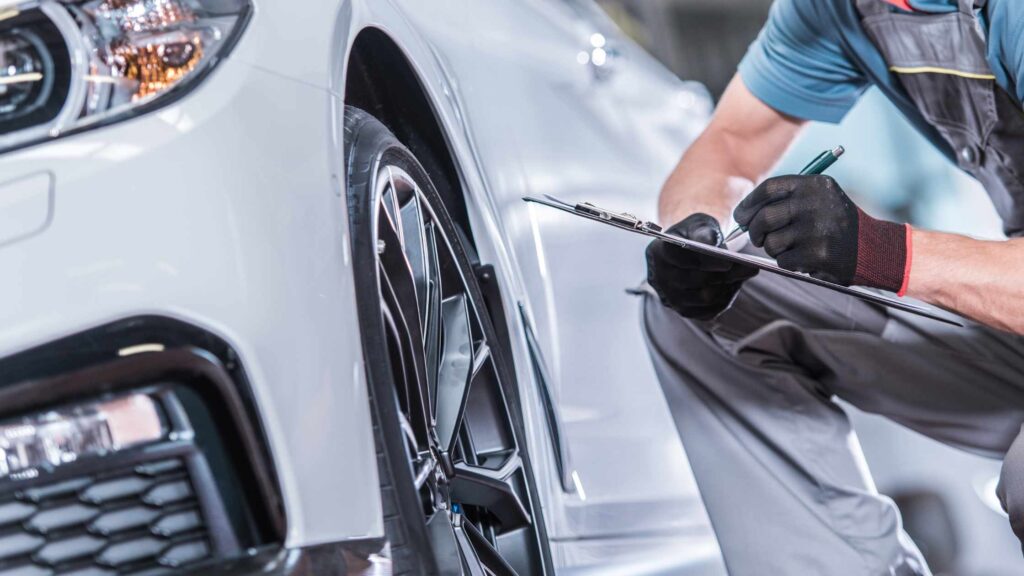Introduction
Purchasing a car can be an exciting yet daunting experience. With so many options available, it’s essential to make an informed decision to avoid buyer’s remorse. By following the right steps, you can confidently buy a car that meets your needs and brings you long-term satisfaction.
Set a Budget
Before stepping foot in a car dealership or browsing online listings, it’s crucial to determine your budget. Assess your financial situation and decide how much you can comfortably afford to spend on a car. Consider not only the purchase price but also factors such as insurance, maintenance, and fuel costs. By setting a budget, you’ll narrow down your options and avoid overspending.
Research, Research, Research
Knowledge is power when it comes to buying a car. Take the time to research different car models, makes, and their respective features. Evaluate your needs and lifestyle to find a car that suits you best. Look for reliable sources such as consumer reports, online reviews, and expert opinions to gather as much information as possible.
Consider Your Needs
While it’s tempting to go for a flashy sports car or a large SUV, it’s essential to consider your actual needs. Think about your daily commute, family size, and any specific requirements you have. For example, if you have a long commute, you may prioritize fuel efficiency. If you have a large family, a spacious interior might be crucial. By aligning your needs with your car choice, you’ll be happier with your purchase in the long run.
Test Drive, Test Drive, Test Drive
Never skip the test drive! It’s essential to experience the car firsthand before making a decision. Schedule test drives for the cars you’re considering and pay attention to factors such as comfort, handling, and visibility. Take note of how well the car accelerates, brakes, and maneuvers. Trust your instincts and don’t rush through the test drive process.
Get a Vehicle History Report
When buying a used car, it’s crucial to obtain a vehicle history report. This report provides valuable information about the car’s maintenance history, accident records, and ownership details. By reviewing the vehicle history, you can identify any red flags and make an informed decision. Several online platforms provide vehicle history reports for a small fee.
Have a Mechanic Inspect the Car
Even if the car comes with a clean vehicle history report, it’s still recommended to have a trusted mechanic inspect it. A professional mechanic can identify any hidden issues or potential problems that might not be evident during a test drive. This step provides additional peace of mind and ensures that you’re buying a reliable and well-maintained vehicle.
Compare Prices and Negotiate
After narrowing down your options, compare prices for similar makes, models, and years. Use online resources and local dealership listings to evaluate market prices. Armed with this information, you can negotiate a fair price with the seller. Don’t be afraid to haggle and ask for a better deal. However, remain firm within your budget and avoid getting swayed by persuasive sales tactics.
Review Financing Options
If you require financing for your car purchase, explore different options before making a decision. Research interest rates, loan terms, and eligibility criteria from various lenders. Compare offers and choose the financing option that best suits your financial situation. A lower interest rate or favorable loan term can potentially save you thousands of dollars in the long run.
Consider Long-Term Costs
Looking beyond the purchase price, it’s crucial to consider the long-term costs of owning a car. Evaluate factors such as insurance costs, fuel efficiency, maintenance expenses, and expected depreciation. A car that seems affordable upfront might turn out to be expensive in terms of ongoing costs. By considering the long-term financial implications, you can ensure that your car purchase remains a wise investment.
Conclusion
Avoiding buyer’s remorse when purchasing a car is possible by taking the right steps. From setting a budget to doing thorough research, test driving, and reviewing vehicle history, each action contributes to a confident car purchase. By considering your needs, comparing prices, and reviewing financing options, you further enhance your chances of making a wise decision.
Remember, taking the time to make an informed choice upfront is always worth it in the long run. So, take a deep breath, gather your information, and feel confident in your car buying journey.







